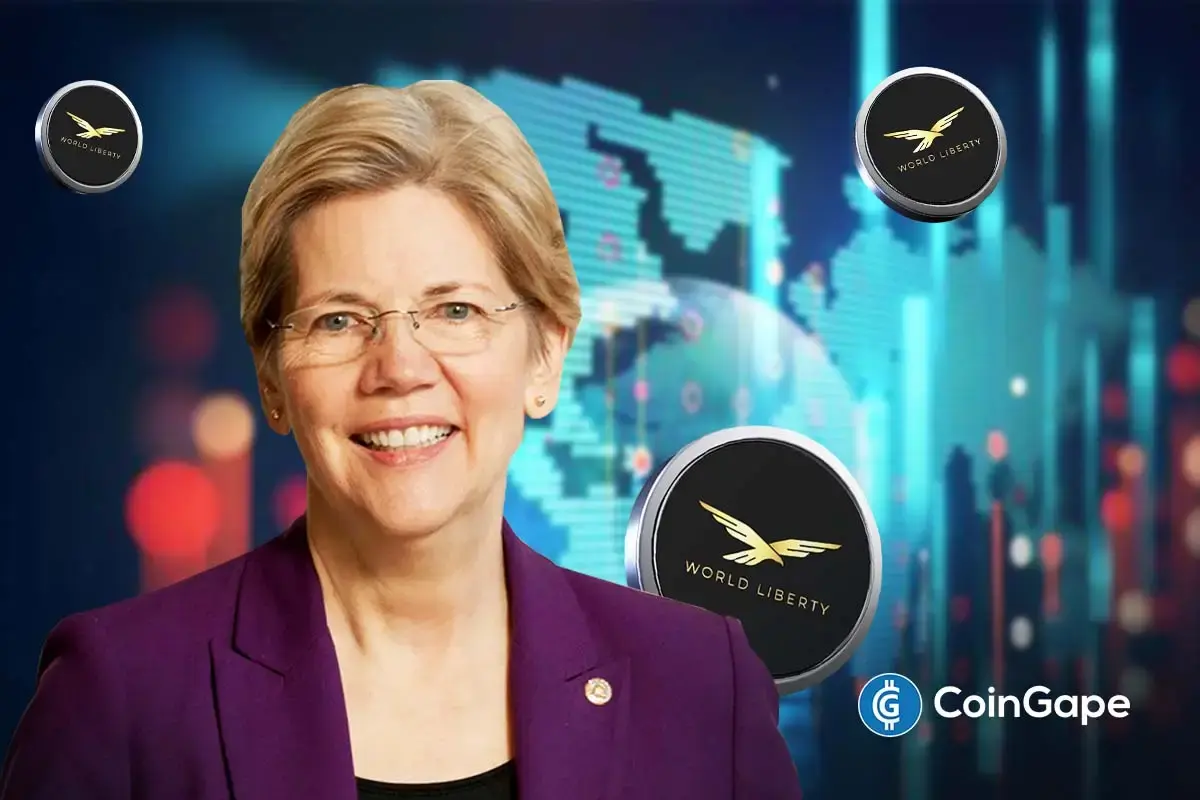Royalty-Enforcing NFTs Could Be A ‘New Asset Class’: Magic Eden CEO, Jack Lu

The largest NFT marketplace on Solana, Magic Eden, is grappling with the issue of creator royalties for NFTs. Recently, Magic Eden lost nearly 40% of Solana’s market share to optional-royalty NFT platforms.
Magic Eden co-founder and CEO, Jack Lu, proposed a new NFT standard that would “enforce royalties at a hard, technological level” at Solana’s Breakpoint conference in Lisbon, Portugal.
While addressing the conference, he said, “There is a real opportunity to give rise to a new asset class.”
“Creators need a sustainable revenue model,” and while royalties are one of those models, there is “no mechanism” to enforce them with the “current design,” he added.
Also Read: Can NFTs Actually Solve The Royalty And Ownership Problem?
Jack Lu’s Proposal
Lu stated that Magic Eden consulted with “dozens of creators amongst many, many industries” to understand their demands and discovered that their needs “actually are very, very divergent.”
“Some folks really want sovereign ownership, [while] some folks really want royalty enforcement or new business models,” he noted.
However, Lu cautioned that a new NFT standard “will have trade-offs,” noting that “royalty enforcement by necessity means that the creator has some level of control.”
In an interview with Decrypt, he said, “These kinds of royalty-enforcing NFTs don’t look like the NFTs we understand today; The holders will need to give up some level of control, or freehold ownership of these NFTs in favor of the creator.”
Lu added that “NFTs, as a name, has always been an umbrella term. I think that a new name might be pretty useful, to be really honest. Maybe it will be more useful that there’s NFTs as an umbrella term. And then the current wave of optional-royalty NFTs would be one form, and these royalty-enforcing collectibles would be another.”
Recently, Metaplex, the company that developed Solana’s NFT standard, suggested a new approach for enforcing royalties.
Meanwhile, the largest NFT marketplace, OpenSea, has developed a special enforcement mechanism. It allows project creators to block Ethereum markets who do not enforce royalties.
Also Read: OpenSea Breaks Silence on NFT Royalties, Shares a Deadline of December 8
Play 10,000+ Casino Games at BC Game with Ease
- Instant Deposits And Withdrawals
- Crypto Casino And Sports Betting
- Exclusive Bonuses And Rewards

- Breaking: U.S. PPI Inflation Rises To 2.9%, BTC Price Falls
- XRP News: Ripple-Backed Ctrl Alt Completes $280M in Diamond Tokenization on XRPL
- Bitwise CIO Calls Bitcoin Selloff ‘Classic Cycle,’ Dismisses Manipulation Rumors
- Cardone Capital Takes Real Estate On-Chain With $5B Tokenization Plan
- Senator Elizabeth Warren Targets Trump-Affiliated World Liberty Financial Over Bank Charter Bid
- Top 2 Price Predictions Ethereum and Solana Ahead of March 1 Clarity Act Stablecoin Deadline
- Pi Network Price Prediction Ahead of Protocol Upgrades Deadline on March 1
- XRP Price Outlook As Jane Street Lawsuit Sparks Shift in Morning Sell-Off Trend
- Dogecoin, Cardano, and Chainlink Price Prediction As Crypto Market Rebounds
- Will Solana Price Rally to $100 If Bitcoin Reclaims $72K?
- XRP Price Eye $2 Rebound as On-Chain Data Signals Massive Whale Accumulation

 Buy $GGs
Buy $GGs


















